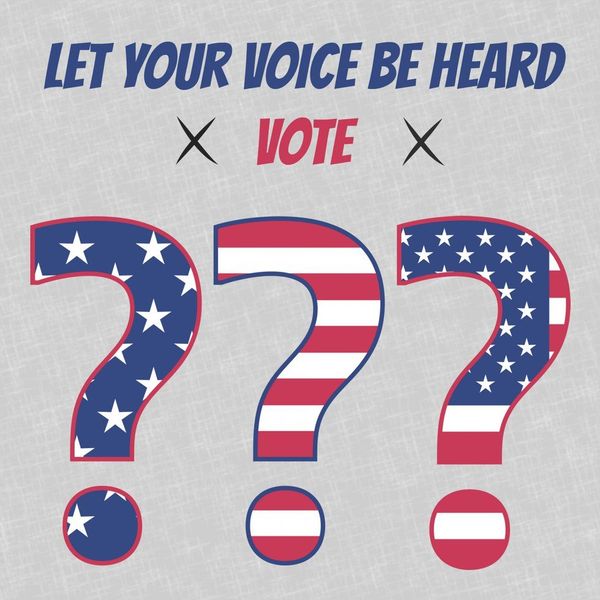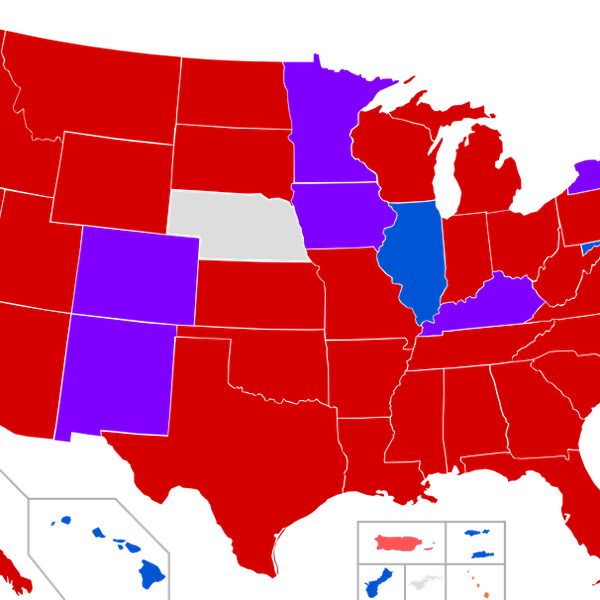In America today, you can't even turn on the news without hearing the words "fake news." Ever since Trump started using this term, it's been thrown around so often that many people aren't really sure which sources to trust anymore, especially since most of the outlets to receive this label from 45 himself were generally considered to be the most reputable sources.
But from my point of view, the real "fake news" isn't coming from the mainstream media. It's coming from people who are raising their voices, without having any evidence to support their claims. It's coming from the very same people who point fingers and use the term "fake news."
So what specifically am I talking about with the phrase "jumping to conclusions?"
I mean that every time a newsworthy event happens, whether good or bad, it's always surrounded by some degree of mystery before the facts are revealed. This leaves a large space of time in which ordinary people chime in with their take on what has just happened. It doesn't matter if these accounts are true, or if they're based on nothing but personal bias; inevitably, some of these outlandish theories are picked up and distributed as "fact."
This probably contributes more than anything to the influx of "fake news" on social media. In society today, anyone has the power to write a Facebook post convincing enough to go viral. Not everything can be rigorously fact-checked.
Now that you know the problem, what can you do to help?
First of all, stop contributing to the chaos. Don't post your theories without solid proof to back them up. If you do have hard evidence, attach a link to your post that will send readers to your source, so that they can see for themselves what is and is not true.
Along those same lines, do your own fact-checking. Don't share articles that aren't supported by evidence. If your gut tells you that it might be fake, it probably is. However, there are still some very convincing lies out there. A good rule of thumb is that if the poster didn't provide a link or any substantial proof of their claims, that is not something you want to share.
Finally, as the title of this article suggests, don't jump to conclusions. Unless you are someone with firsthand knowledge or specific experience with the event that has occurred, your theories are basically just conspiracies. Wait until you know all the facts before making any assumptions.
So if you hate "fake news," don't contribute to it. Even if you don't realize it, you could be part of the problem.



















